POST IN THE CHAT!
What is one technology from
the future that you wish you
had today? Why?

Everett Digital Access
and Equity Working Group
5/26/21
Meeting II
Agenda
Future of Everett Icebreaker
Lightning Recap of Existing Conditions
Why Is It This Way??!!
Goals and Principles of Digital Justice
Case Studies
Everett’s Infrastructure / MBI Conversation

Meeting Goals

Begin to draft goals and a vision for Digital Access in Everett
Discuss root causes and symptoms of poor internet in Everett.
Brainstorm physical locations to target investment for Gateway City WiFi Grant.

Advisory Committee Role
Help us (MAPC) ground truth/see information from the community perspective

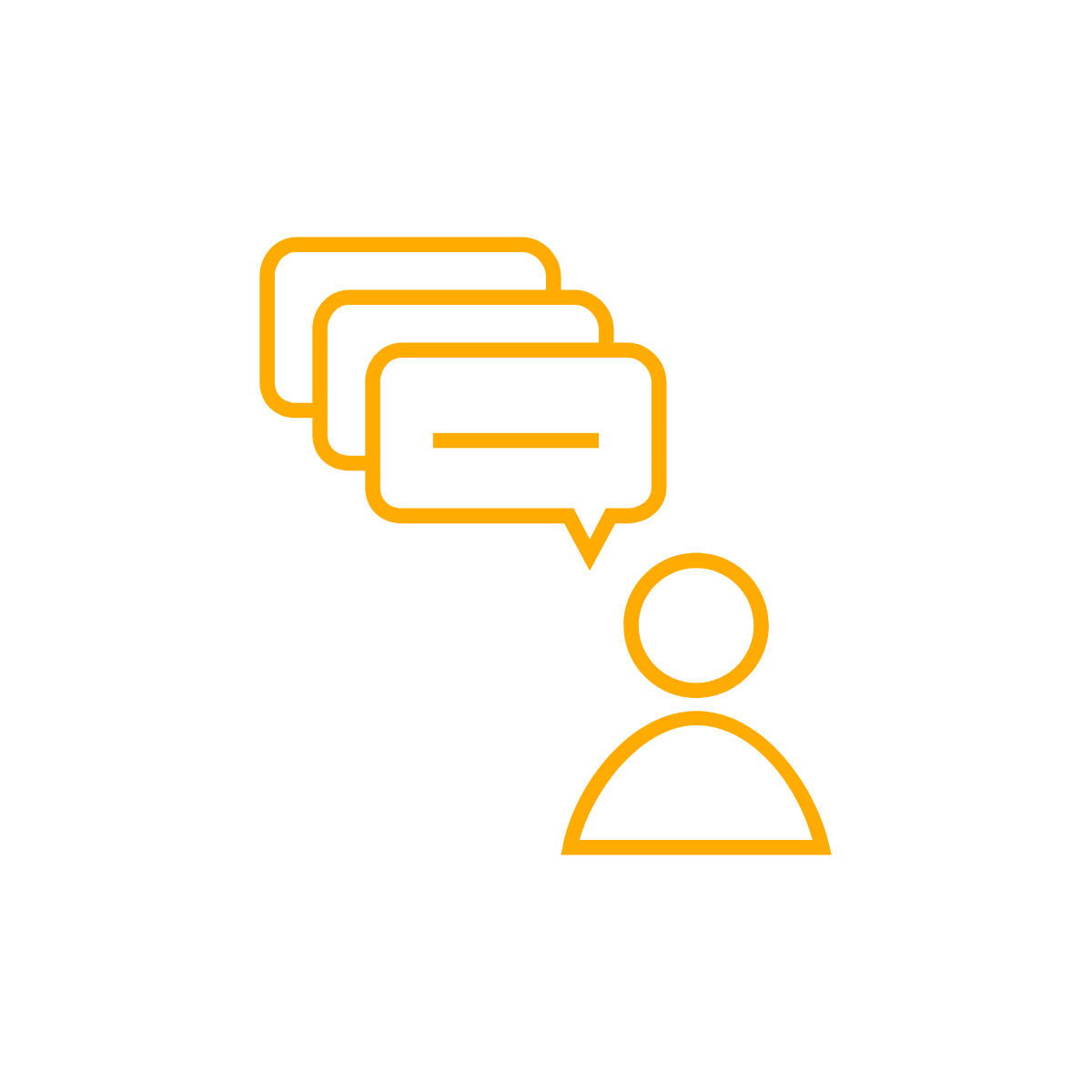


Provide feedback and response to proposed strategies
Assist in connecting with community members for the community needs assessment
Own this product

Future of Everett Icebreaker
Imagine it's 2031
What is one thing that you hope will have changed in the City of Everett that doesn't have to do with internet or technology?
Imagine it's 2031
How might technology enable or shape that change?
Lightning
Recap
Phase 1A: Existing Conditions
COMPLETE
Phase 1B: Community Needs Assessment
IN PROGRESS
Phase 2: Infrastructure & Technology Evaluation
IN PROGRESS
Phase 3: Plan and Program Development
MAY - JUNE
- Evaluation of Current Internet Providers and Levels of Service
- Analysis of Community Access to Device and Internet
-
Identification of Population Specific Challenges and Needs via Survey
- About 200 Survey responses for Everett
- Analysis of Available Data from Everett School Department and City of Everett
- Review of Existing Infrastructure in Everett
- Assessment of Potential Technology Interventions
- Synthesis of Earlier Phases of Work to Inform Policy, Program, and Capital Investments to Address Specific Barriers and Needs in Everett.

Three Determining Factors of Digital Access



Connection
Adequate Device
Literacy
Fast
Affordable
Router
Personal Computer /Laptop
Use of Technology
Ensuring functioning equipment
Evaluating quality of information and privacy risks

Connection in Everett
Is it Fast?
30 – 40%
of Everett households with internet access do not have "broadband" speeds
This impacts reliability
~2,565 (15.8%)
Everett households lack internet service.
62%
of survey respondents do not believe their internet service is affordable.
64%
of survey respondents have had to cancel or change their internet subscription because it is too expensive

Is it Affordable?
Speed Sources: MLab, Microsoft US Broadband Usage, Demographic Source: US Census ACS 5 Year, 2019
Devices in Everett
How accessible are devices?
10%
of Everett households have no computing device at all
33%
of survey respondents disagree with "People in my household always have access to a computer if needed."
About 65%
of Everett households with internet lease a router from their service provider
At least 326
Everett School District families may be relying on T-mobile hotspots for internet service

Are routers adequate?

Device Source, Computers: US Census ACS 5 Year, 2019. Device Source, Routers: MAPC Survey - 5/26/21, Everett School District
Digital Literacy in Everett
Using Technology
~87%
of survey respondents agree with "I feel confident in my ability to use a computer/laptop/Chromebook
~44%
of survey respondents agree with "I feel confident that I am able to resolve issues related to my internet connection"

Ensuring Functioning Equipment

Evaluating Information and Privacy Risks
Anecdotal information gleaned from stakeholder conversations indicates that there are serious concerns related to privacy, particularly among the immigrant population
Source: MAPC Survey - 5/26/21
Why is it this way?!
Legacy of Cable
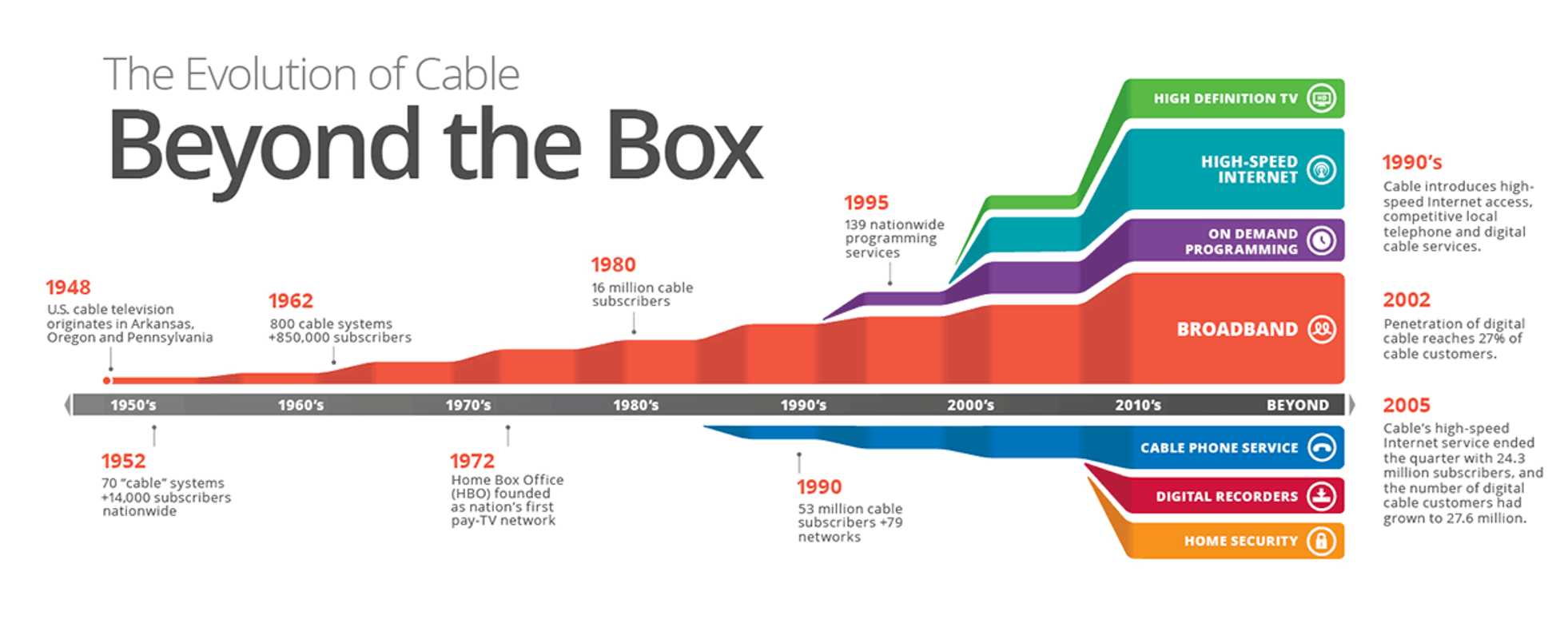
Image Source: https://calcable.org/learn/history-of-cable/
Cable Providers in Everett
Comcast
RCN
Incumbent Cable Franchise, Full Coverage in Everett
In 2011 Comcast had 10,603 Cable TV Subscribers.
In 2020 it had only 7,000
Competitive Cable Franchise, Limited Coverage in Everett
In 2017 RCN had 2,171 Cable TV Subscribers.
In 2020 it had only 957
Source: Mass DTC Form 500, 2011 - 2020
Accessing the Internet Using Cable

Data Center


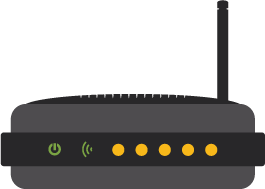



Fiber (Fast)

Cable (slower)

Cable (slower)
Wifi (slower) or ethernet (more reliable)
Slows down every step
The farther fiber optic cables go, the faster the internet
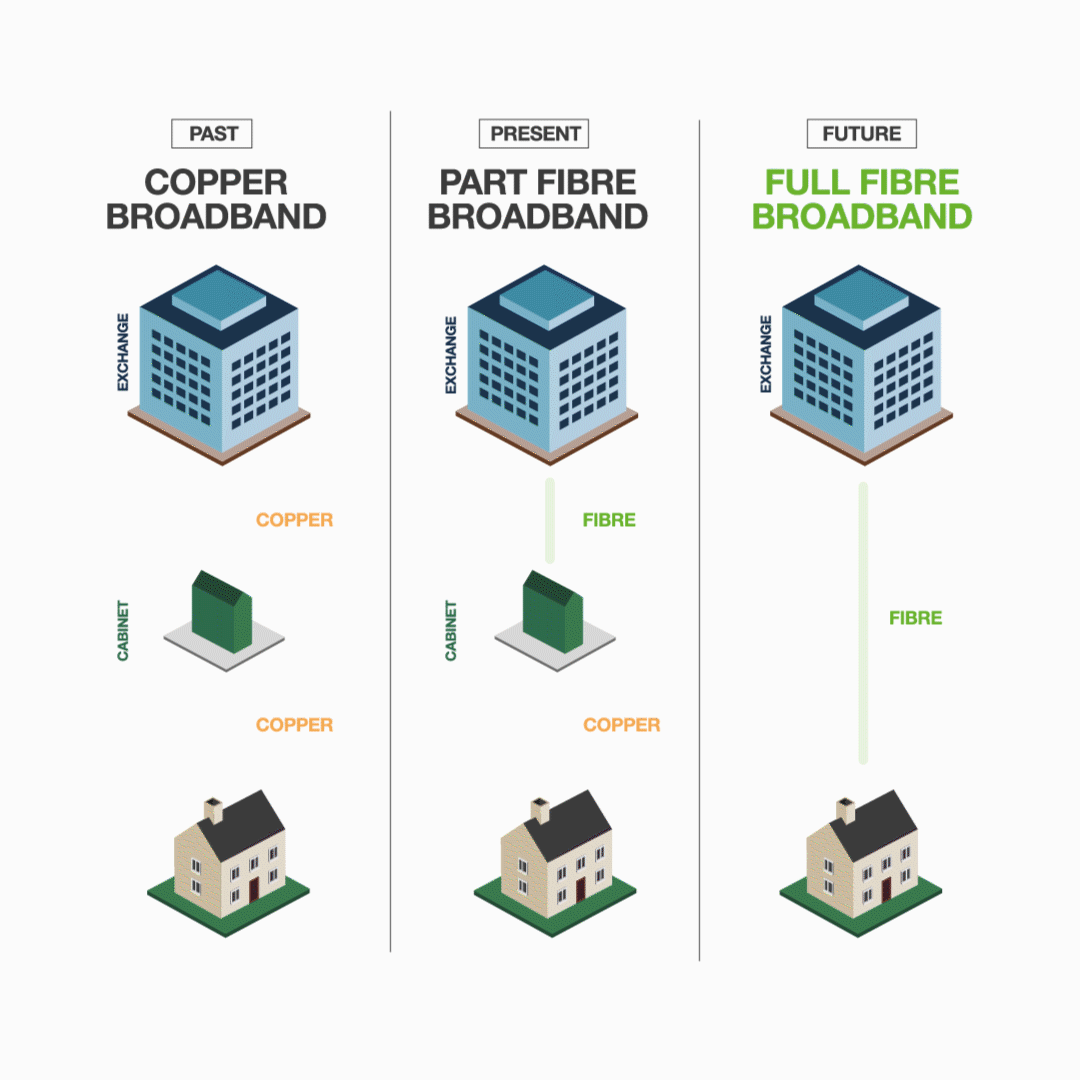
Copper wire slows the connection
Household size further complicates things

Households by size in Everett
For 1-2 people, internet should be at least 25-50 Mbps
$10-$30 per month
For 3-4 people, internet should be at least 50-100 Mbps
$35-$50 per month
For 5+ people, internet should be at least 200-500 Mbps
$50-$70 per month
Source: US Census ACS 2019 5 Year, AllConnect
Household size further complicates things
Survey question:
How often does more than one person need to be on the Internet at the same time?
~83%
Frequently or Always
Survey question:
Have you ever had to change or cancel your internet subscription because it was too expensive?
~64%
Yes
Source: MAPC Survey - 5/26/21
Internet Subsidies
~3,000
families in Everett are eligible for Internet Essentials and the Emergency Broadband benefit fund
Comcast Internet Essentials Plan offers basic internet service for $10 / Month to income eligible households (SNAP, Free or Reduced Lunch, etc)
The Emergency Broadband Benefit program will subsidize $50 for all Comcast service plans
Only 1,300
households take advantage of Internet Essentials -- less than half of all eligible
Why don't people take advantage?
Source: Comcast, National Center for Education Statistics
Why is it this way?
The cable infrastructure at the household level is likely impacting service and reliability.
A lack of competition, shrinking cable service revenues, and a lower income service area are likely disincentives for investment from the private sector.
At the household level, individuals are likely using outdated or ineffective routers and devices.
Internet subscribers may not have the confidence or technical skills to trouble shoot internet speed or function issues.
Larger households who may need faster speed packages may be cost burdened and unable to afford those plans.
Individuals who are eligible for subsidized services may not be taking advantage of them due to a lack of information, trust, stable housing, documentation, or other structural and social factors.
Goals and Principles of Digital Justice
Digital Justice Principles: Access
- Digital justice ensures that all members of our community have equal access to media and technology, as producers as well as consumers.
- Digital justice provides multiple layers of communications infrastructure in order to ensure that every member of the community has access to lifesaving emergency information.
- Digital justice values all different languages, dialects and forms of communication.
Digital Justice Principles: Participation
- Digital justice prioritizes the participation of people who have been traditionally excluded from and attacked by media and technology.
- Digital justice advances our ability to tell our own stories, as individuals and as communities.
- Digital justice values non-digital forms of communication and fosters knowledge-sharing across generations.
- Digital justice demystifies technology to the point where we can not only use it, but create our own technologies and participate in the decisions that will shape communications infrastructure.
Digital Justice Principles: Common Ownership
- Digital justice fuels the creation of knowledge, tools and technologies that are free and shared openly with the public.
- Digital justice promotes diverse business models for the control and distribution of information, including cooperative business models and municipal ownership
Digital
Justice Principles: Healthy Communities
- Digital justice provides spaces through which people can investigate community problems, generate solutions, create media and organize together.
- Digital justice promotes alternative energy, recycling and salvaging technology, and other technologies that foster environmental solutions.
- Digital justice advances community-based economic development by expanding technology access for small businesses, independent artists and other entrepreneurs.
- Digital justice integrates media and technology into education in order to transform teaching and learning, value multiple learning styles and expand the process of learning beyond the classroom.
Gateway City WiFi Program

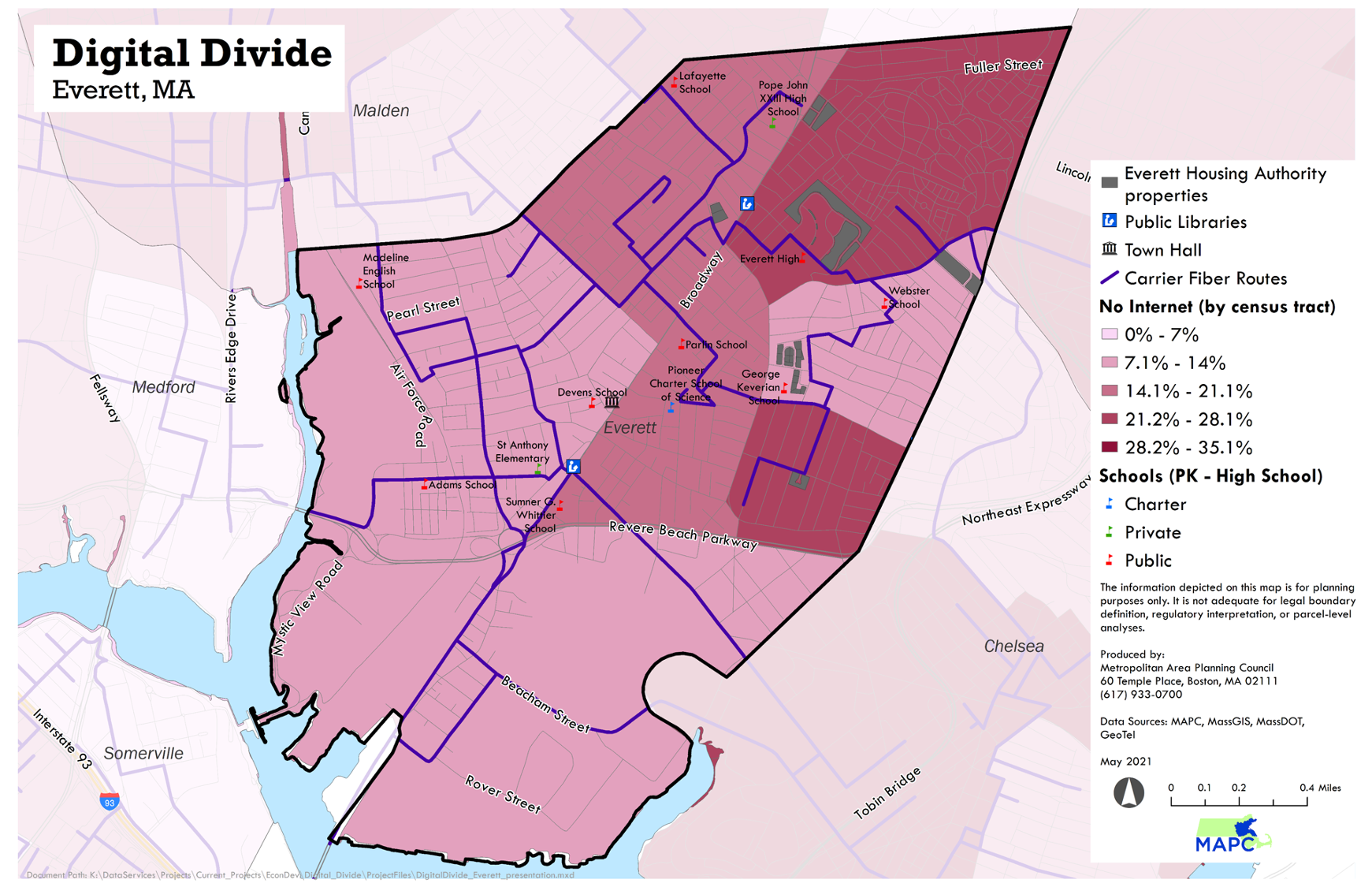


Next Steps
Survey
- Identification of Population Specific Challenges and Needs via Survey and Engagement
- Analysis of Available Data from Everett School Department and City of Everett
-
Review of Existing Infrastructure in Everett
-
Assessment of Potential Technology Interventions
Phase 2: Infrastructure and Technology Evaluation (June)
Please reach out to Josh Eichen! jeichen@mapc.org
- Synthesis of Earlier Phases of Work to Inform Policy, Program, and Capital Investments to Address Specific Barriers and Needs in Everett.
Phase 3: Plan and Program Development (July)